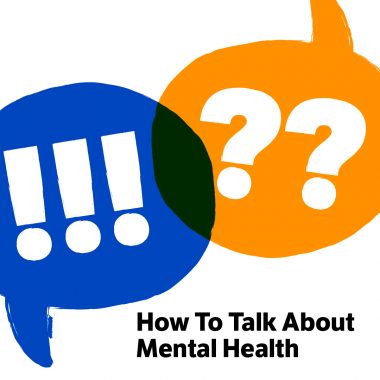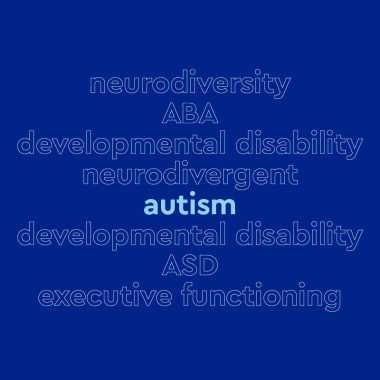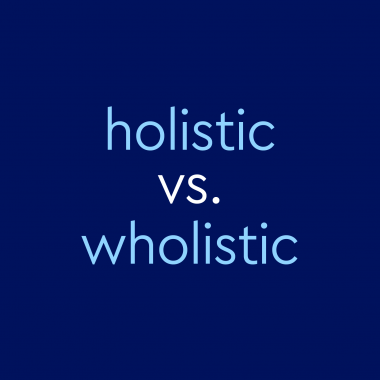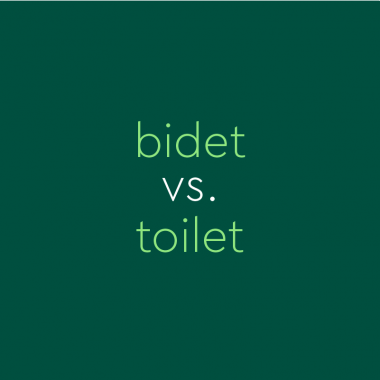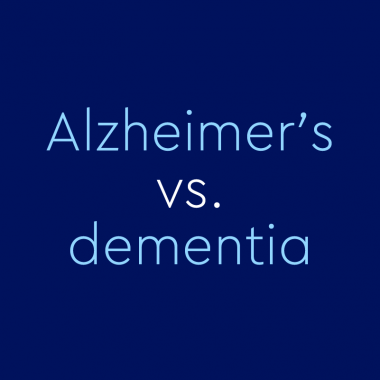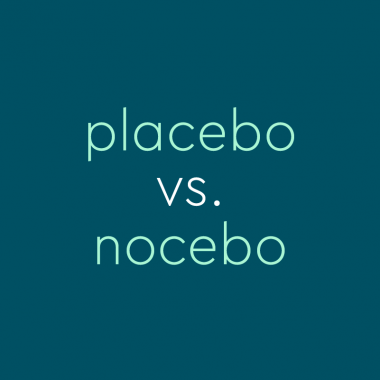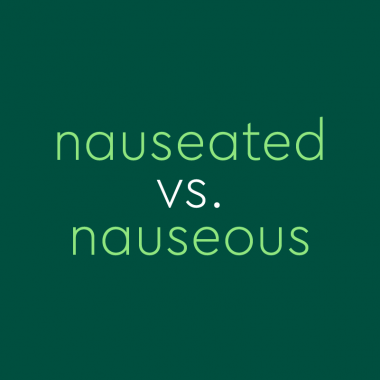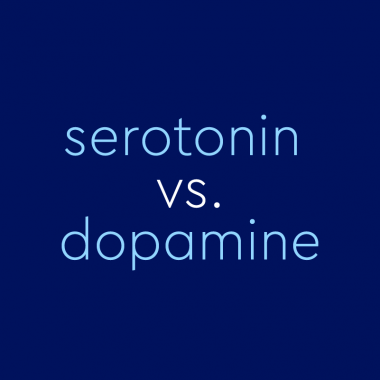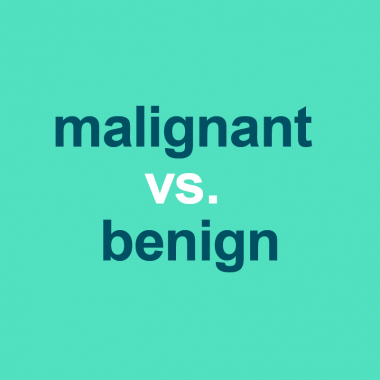How To Talk About Mental Health: What To Know And Avoid
by Laura Vismara Content warning: This article deals with the sensitive topic of suicide. If you (or someone you know) need support, call the toll-free, 24/7 National Suicide Prevention Lifeline at 1-800-273-8255. You can also text HOME to 741741 for free, which offers 24/7 support from the Crisis Text Line. This article also covers a range of difficult topics on mental health, including eating disorders …
